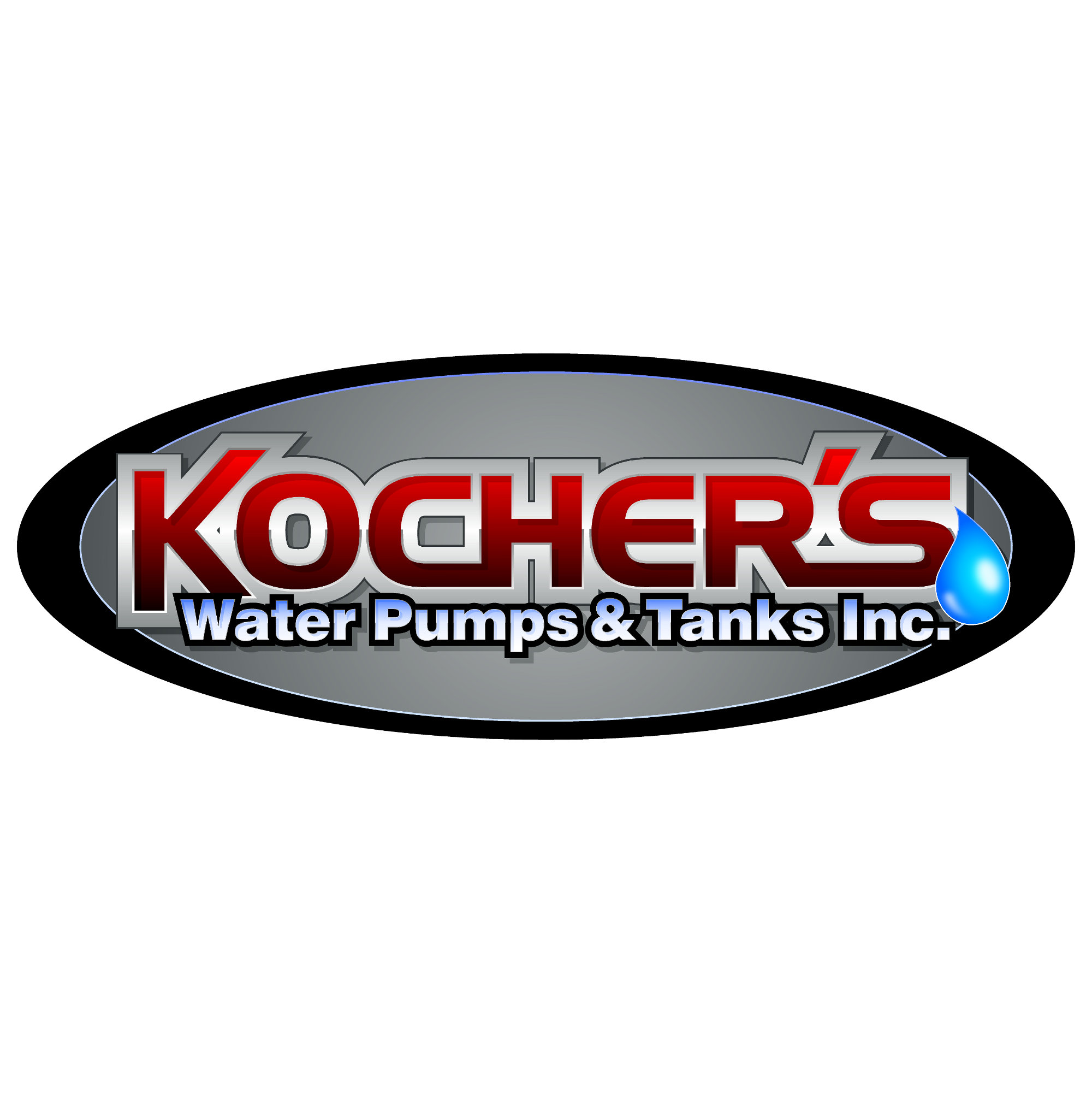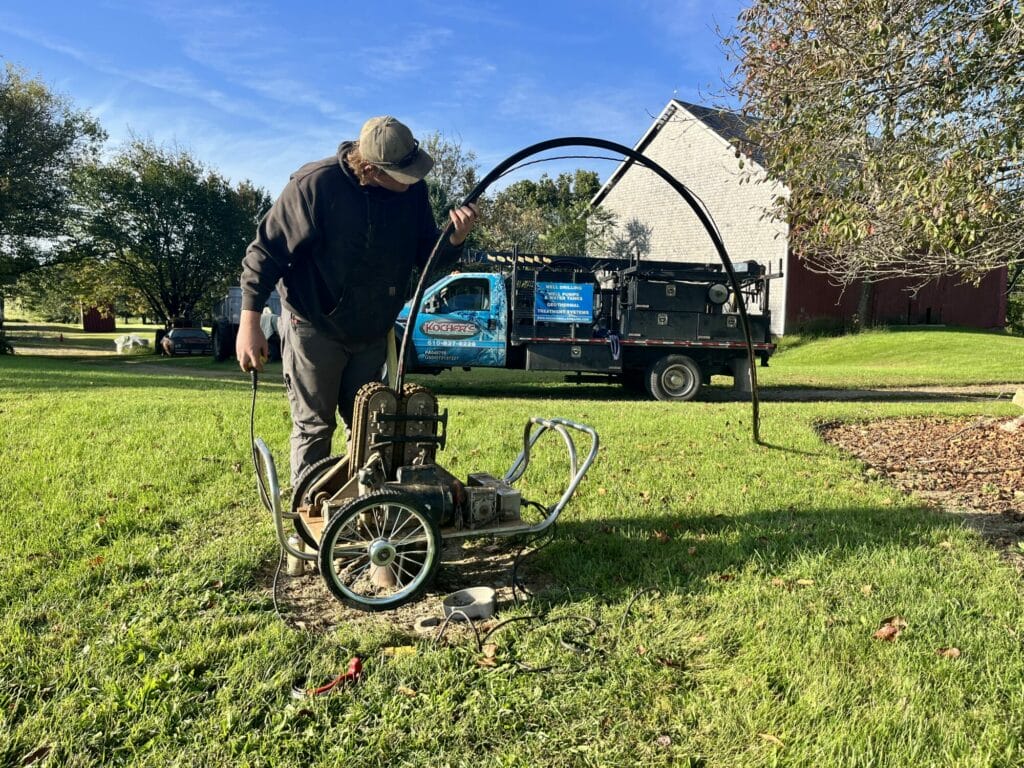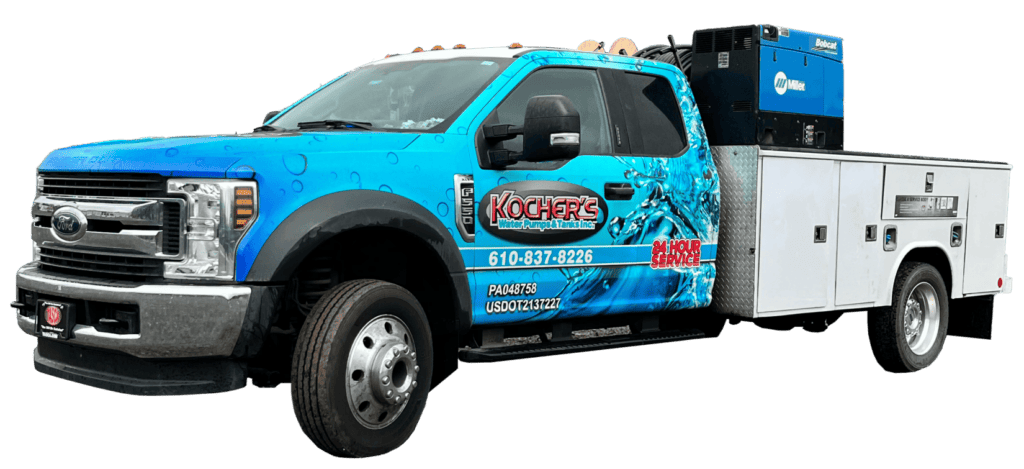Imagine crystal-clear, refreshing water on tap, sourced directly from your property. That’s the magic of a well-water system! But unlike city water, well systems require specific components and ongoing care to ensure safe, reliable water for your entire home. This guide breaks down everything you need to know about well-water systems in simple terms. It helps you get how they work, why filtering your water is important, and the perks of having a pro look after it.
Key Insights:
- Demystify Well Systems: Learn about the essential components that bring water from your well to your faucet.
- Embrace Clean Water: Discover the importance of filtration in eliminating contaminants and ensuring healthy drinking water.
- Maintain Your Investment: Explore well-maintenance practices to guarantee a long-lasting and efficient water source.
- Go Beyond City Water: Uncover the advantages and considerations of a private well.
This guide equips you with the knowledge to confidently navigate the world of well water. Dive in and discover how to transform your well into a reliable source of clean, refreshing water for your home!
Understanding Your Well Water System
Your well water system is a network of components working together to deliver crystal-clear water throughout your house. Let’s explore the key elements:
- Water Well: The well itself is a drilled or dug shaft that taps into an underground aquifer, a water-bearing layer of rock or soil. Well depth varies depending on the water table level in your region.
- Well Pump: The well pump is the workhorse of your system. Submersible pumps, placed directly in the well casing, are the most common type. They use an electric motor to draw water from the well and push it towards your home. Shallow well pumps, located above ground, are used for wells with a close proximity to the water table.
- Pressure Tank: This tank acts as a storage reservoir and pressure stabilizer. As the well pump fills the tank, compressed air builds up, creating pressure that pushes water through your pipes when you open a faucet.
- Pressure Switch: The pressure switch monitors the pressure level in the tank. When pressure drops due to water usage, the switch automatically turns on the well pump to refill the tank and maintain consistent water flow.
- Well Cap: Sealing the top of the well casing, the well cap prevents contaminants from entering the well from the surface.
Filtration: Protecting Your Home and Health
While well water offers a sense of self-reliance, it’s crucial to understand that it may not be naturally free of contaminants. Unlike municipal water supplies that undergo rigorous treatment, well water is susceptible to impurities like:
- Sediment: Sand, silt, and other small particles can cause issues with plumbing fixtures and reduce water quality.
- Bacteria: Contamination from surface water runoff or nearby septic systems can introduce harmful bacteria into your well.
- Minerals: Hard water, high in minerals like calcium and magnesium, can cause problems with soap scum buildup, scale formation in pipes, and affect the taste of your drinking water.
- Chemicals: Agricultural practices, industrial waste, or natural mineral deposits can introduce chemicals like nitrates, arsenic, or iron into your well water.
Here’s where water filtration systems come into play:
- Sediment Filters: These filters remove particles like sand, dirt, and rust, improving water clarity and protecting your plumbing.
- Water Softeners: For hard water, water softeners use a process called ion exchange to remove hardness-causing minerals, resulting in softer, more manageable water. Consider exploring salt-free water conditioners as an alternative for those seeking a solution without the use of sodium chloride.
- Whole House Water Filter Systems: These comprehensive systems can combine various filtration technologies like sediment filters, carbon filters, and UV systems to address a wider range of contaminants, ensuring cleaner, safer water for your entire home.
- Drinking Water Filtration Systems: Point-of-use filters installed at specific faucets, like your kitchen sink, provide an extra layer of filtration for drinking water. Reverse osmosis systems are a popular option for removing a broader spectrum of contaminants.
The Importance of Well Maintenance
A well-maintained well system is essential for ensuring safe, reliable drinking water and protecting your investment. Here are some key maintenance tips:
- Well Water Testing: Regular testing of your well water is vital to identify any potential contaminants. The Environmental Protection Agency (EPA) recommends annual testing for private well owners.
- Well-Inspection: Having your well inspected by a qualified professional can identify potential problems with the well casing, pump, or other components. They can also recommend maintenance or repair services to keep your system operating efficiently.
- Pressure Tank Maintenance: Over time, the pressure tank’s air bladder can lose pressure. Regular inspection and maintenance ensure proper functioning and prevent water pressure issues.
- Disinfection: Shock chlorination is a common method for disinfecting your well and eliminating bacteria. Consult a well professional for proper disinfection procedures.
- Storage Tank Maintenance: If your system utilizes a storage tank, regular cleaning and inspection are crucial to prevent sediment buildup and ensure the integrity of the tank.
Additional Considerations:
- Water Conservation: Even with a private well, water conservation is essential. Simple measures like fixing leaky faucets and installing low-flow showerheads can significantly reduce water usage.
- Local Regulations: Be sure to familiarize yourself with any local regulations regarding well water testing, well maintenance, and water usage in your area. The Pennsylvania Department of Environmental Protection (DEP) [PA DEP website] is a valuable resource for well owners in Bath, PA.
By following these well maintenance practices and partnering with a qualified well service company like Kocher Geo Well Drilling, you can ensure the longevity, efficiency, and safety of your well water system for years to come.
Kocher’s: Your Trusted Partner for Well Water Systems in Bath, PA
At Kocher’s, we understand the importance of a reliable water system for your home. Our commitment to quality service and expertise ensures you receive the best possible solutions for all your well water needs. We offer a comprehensive range of services, including:
- Well Rehabilitation: We can diagnose and address well issues like well casing deterioration, pump problems, or decreased water yield.
- Emergency Well Service: Our team is available 24/7 to respond to urgent well-system problems, ensuring minimal disruption to your water supply.
- Water Treatment System Installation: We can help you select and install the most suitable water filtration system to address your specific water quality concerns.
Contact Kocher’s today for a free consultation and experience the difference of partnering with a local, trusted well water system specialist.
Having a well water system offers the benefits of self-sufficiency and potential cost savings compared to municipal water. By understanding the components of your system, the importance of filtration, and implementing proper maintenance practices, you can ensure a safe, reliable source of clean water for your home. Partnering with a qualified well-service professional provides the expertise and support you need to keep your system functioning optimally for years to come.




